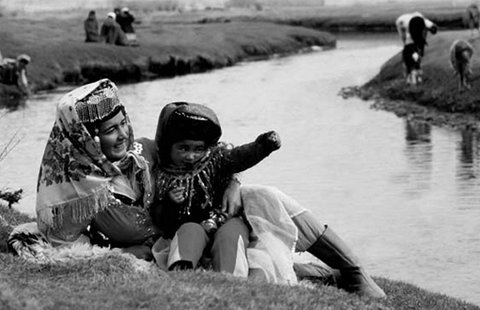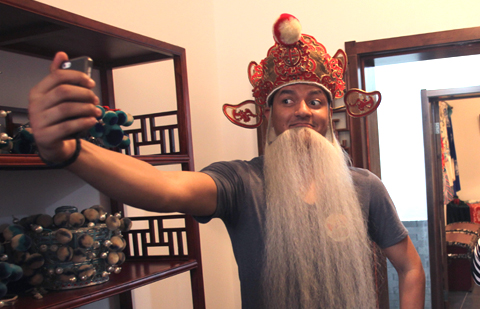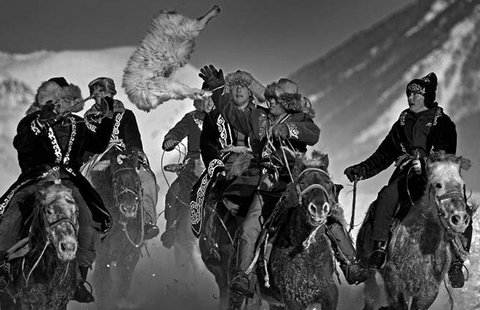No dreams, only life
By Sun Ye ( China Daily ) Updated: 2015-05-08 07:46:36Chinese music lovers are known for being keen on karaoke but Perhat says he has noticed a change.
"It's no longer what it used to be, when audiences wave you off and demand the familiar whenever you play a new song or music in languages they can't decipher," Perhat says.
"Change has come in the last few years, even before Voice of China. They are much more receptive now."
The Uygur song he sang on his first appearance on Voice of China, a number that reminisces about his dead parents and brother, should "have you in tears two words into the song if you know the lyrics", he says.
"It gets you bleary eyed in two or three lines even if you don't know what it's about ... Language is not a problem."
Zhang Zhentao, a music researcher with the Chinese National Academy of Arts, says: "Music from ethnic groups is often in the cultural genes of the whole nation.
"The nation has always been a melting pot of different cultures. They influence each other and then prosper. The younger generation is now much more open to listening and creating new things."
Perhat, known for his rendition of Dolan Muqam, a Kashgar folk song about a native fisherman, has trekked to mountainous, faraway lands for inspiration from the region's music traditions.
|
|
|
|
|
|

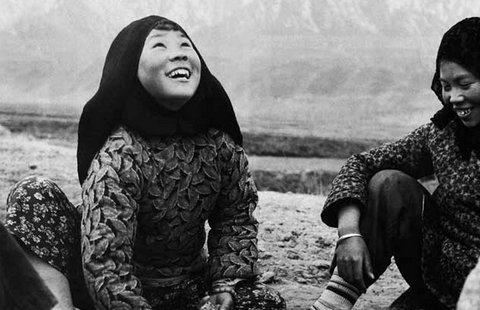
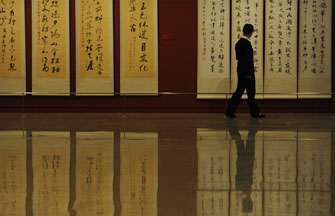
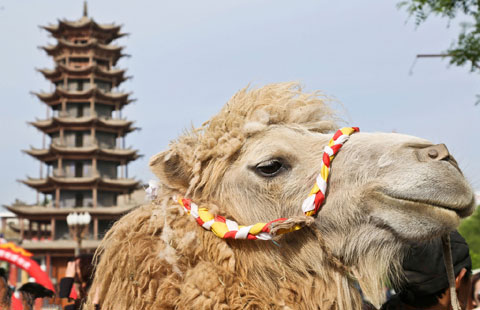
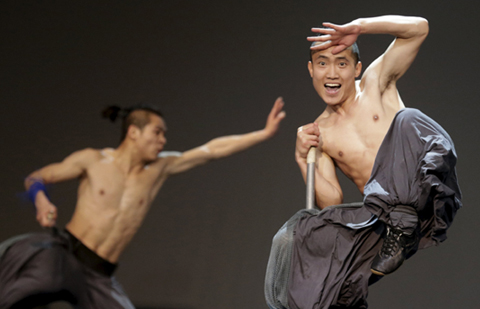

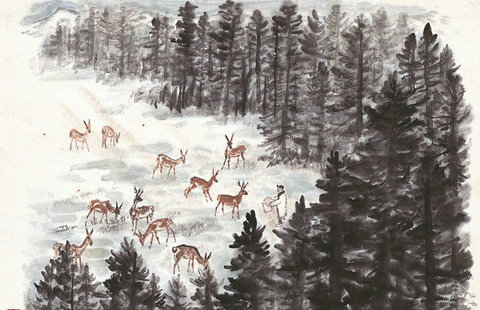
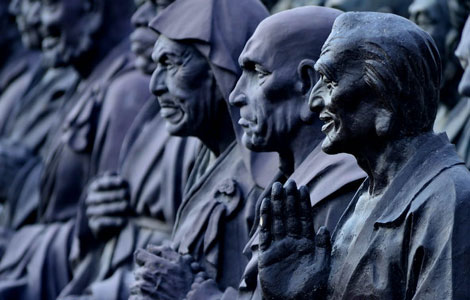




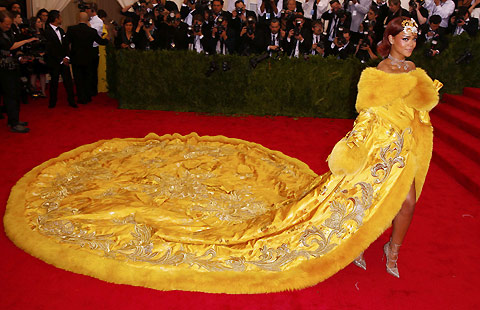








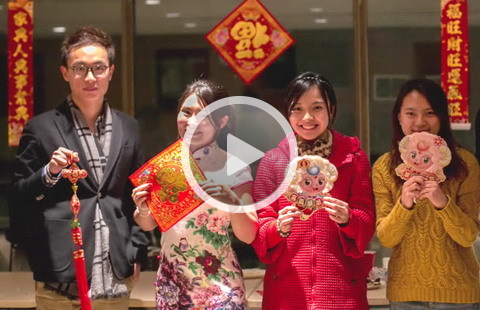

 Raymond Zhou:
Raymond Zhou: Pauline D Loh:
Pauline D Loh: Hot Pot
Hot Pot Eco China
Eco China China Dream
China Dream China Face
China Face


